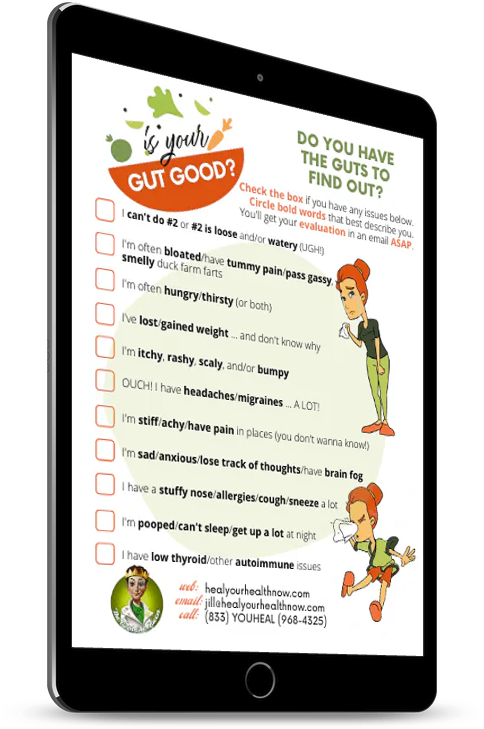 By Dietitian Jill
By Dietitian Jill
I wrote this article almost 5 years ago … and more and more peo9ple are using these trackers as indicators of their health. By the way … I now have a Fitbit … and love it!
I just love my UP! If you don’t know what that is, it’s Jawbone’s, the Bluetooth manufacturer, answer to the Fitbit. I bought it because it synched with MyFitnessPal, the phone app I use to track my food intake.
And wanted a total approach to confronting what I do with both munchin’ and movin’ as I’m getting ready to lose 50 or so pounds. And wanted to document the process in a new book, “Lose 5 Pounds in 5 Days”.
So I wasn’t surprised when I picked up my laptop this morning to find an article about how “wearables”, which is what they call these mostly-bracelets that transmit your steps, sleep (or, in my case, lack thereof), and other health data to your phone or other device are being used in corporate wellness programs.
Having taught many of these programs to corporations in the past, I mourned the lack resources for follow-through for them at the time. It’s one thing to educate people about how to make lifestyle change and yet another to support them through it.
Before wearables and other computing innovations, that took time, effort, and more money. Things that most of the corporations I worked with were not willing to fund at the time.
Will Phone Apps and Wrist Monitors Replace Gyms?
When I work with weight loss or lifestyle change clients, I insist that they commit to six months of weekly visits, homework, and daily report-ins via email (another great innovation that has revolutionized my business). After over 20 years of doing this,
I know it doesn’t work any other way. The trick is to fill them up with so much information, get them to trust your expertise, assign good homework so that they can explore their current beliefs and make new ones, and experiment with new behaviors. So that … one day … they wake up and find their lives magically changed.
Now this can … for one of my clients … take up to eight years. But he lost 80 pounds, ran a half-marathon, and has kept the weight off for over ten years. Now we possess better tools to make this happen. As a matter of fact, according to that article that I read in the Stone Hearth Newsletter today …
Market intelligence firm Tractica says wearables might be the next craze for the enterprise and industry sectors, as more businesses start to launch corporate wellness programs and integrate wearables into everyday work.
Sales in the sector are expected to skyrocket from 2.3 million in 2015 to 66.4 million in 2021, according to Tractica. It sees corporate wellness as the main driver for wearable sales in the enterprise sector, at least up to 2021.
Wearables are a Wellness Bonanza …
Wellness with wearables seems to be working. One corporate program reported a 60% decrease in BMI … that strange little equation that determines whether you’re overweight or not.
And Fitbit appears to be the leader in what could eventually be a wellness bonanza …
The company said it had 50 of the Fortune 500 as customers. Earlier this week, Fitbit Wellness, the B2B arm of the company, said it added 20 new enterprise customers including GoDaddy, BMC Software and Barclays, which plans to roll out a Fitbit program to 140,000 employees globally.
In addition, Fitbit also added corporate challenges and a management dashboard to its systems supporting enterprises. Employees get better healthy collaboration tools and enterprises can monitor wellness in real time.
A whole new virtual wellness concept … using work colleagues to support you in lifestyle change. It’s a kind of virtual (name of group) Anonymous 12-Step Program. According to another article in online’s ZDNET, “ … 90 percent of employees agreed that participation in the program reduced stress. More than 60 percent said they felt more connected with colleagues due to challenges.”
So I’m keeping my UP. And cherishing the info it sends to my phone. Because I know how valuable knowing exactly what you do when it comes to your munchin’ and movin’ can be when it comes to lifestyle change.
Especially when it comes to improving your health. And particularly when it comes to losing weight. Of course, first you have to make peace with past eating emotions and indiscretions. But more on that later …
Do you use a “wearable”? If not, are you planning on getting one in the near future? What particular benefit do you thinking using one has/would have for you?


Leave a Reply